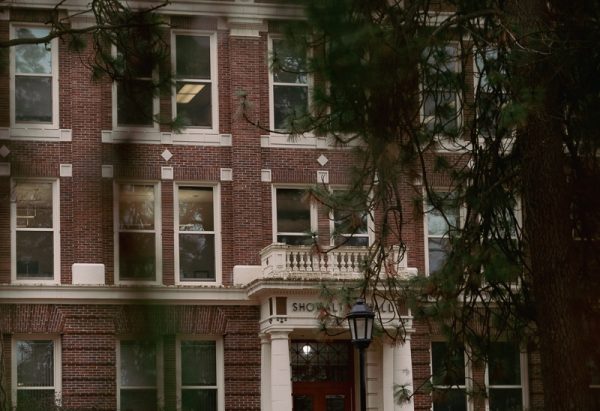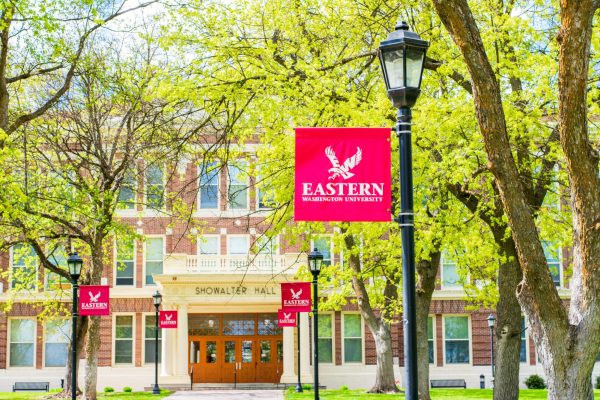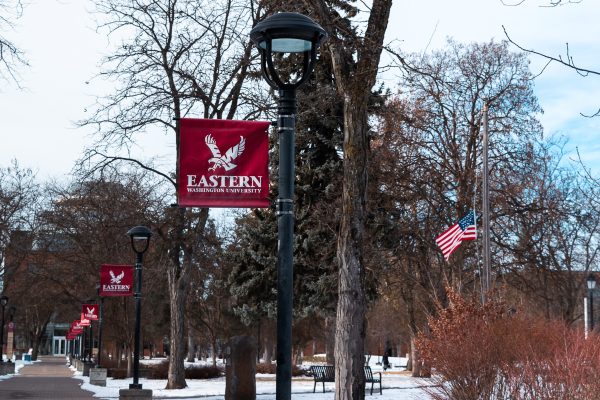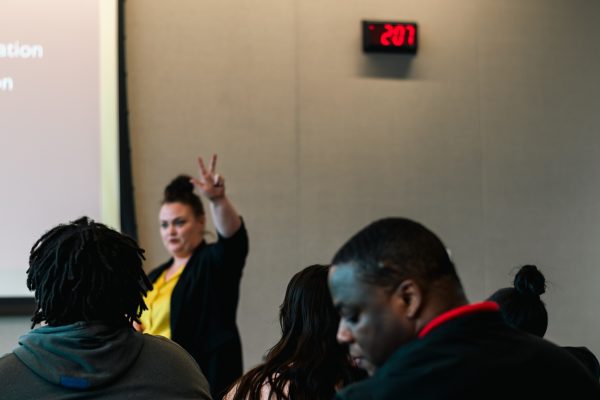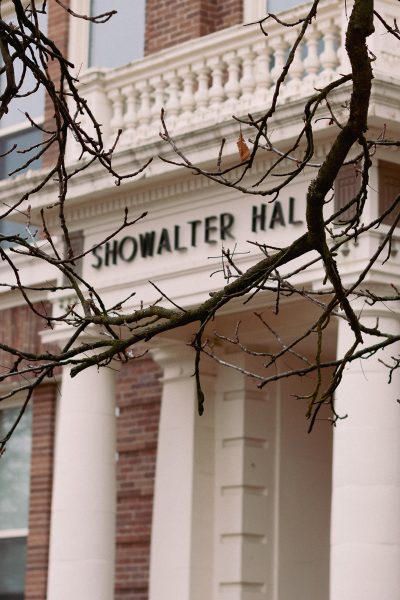Proposed free speech policy aims to break down barriers for student voices
March 14, 2018
A newly proposed First Amendment activities policy could affect student engagement in “Free Speech” activities while also re-introducing the conversation of student expression on campus.
The proposed policy for the “Use of Outdoor Areas for First Amendment Activities” takes on a more definitive nature compared to the previous policy.
The main change to the policy opens up the prior restrictions of the location of “Free Speech” activities limited to the Southeast Mall, the Northeast PUB, and sidewalks adjacent to public roads—to any “open, outdoor space” on EWU campus. The hope is that softening the boundaries will reinforce the university’s commitment to freedom of expression and First Amendment principles.
Pride Center Manager Nick Franco, who posted the university’s policy proposal link to Facebook on Feb. 28, took an interest, and critique, to some of the new policy’s elements.
“My main comment on the proposal is that there is a definition of ‘harassment,’” Franco said. “I have never seen a university define ‘harassment’ before. My understanding is that we would be defining ‘harassment’ for the first time in this policy.”
The proposed policy, unlike the previous one, also defines what is not protected, including hate speech and direct threats.
EWU student Julia Nelson is in favor of the newly enforced restrictions on “Free Speech.”
“I think [free speech] is a good thing, except when you get into the arena of hate speech,” Nelson said. “Some people have this idea that they have protected hate speech, that’s not the same thing as having ‘Free Speech.’”
Despite the policy restriction, however, “hate speakers” might still want to make their presence known on campus. Students, though, will be equipped to speak against.
“My hope moving forward is that we see this less as an invitation for hate groups to come on campus, and even if we do, that students can feel empowered, that their voices are valid, and are also heard, and they have a means now of making that known,” Franco said.
Not only will this proposed policy serve as a tool to counteract “hate speakers,” but it will, in theory, provide all “Free Speech” practicing students feelings of security in the fact that there will be a more clarified policy to back them up.
“Policies like this will be able to provide structure,” said Franco. “I think there were policies, they just were not explicit. Sometimes what can happen when there’s not a specific policy that someone can point to is it might feel discriminatory.”
This policy change has the potential to revamp the conversation regarding “Free Speech” and First Amendment rights at EWU.
Universities, like EWU, are still struggling to find effective and definitive policies that align with these same rights.
“It’s a struggle, and I don’t think it’s a struggle that’s unique to Eastern,” said Franco. “Campuses across the country are trying to figure out how to navigate first amendment and free speech. We are so divided as a country, and people feel so strongly, that it is challenging to uphold the first amendment.”
Nevertheless, the progression towards a more open and safe environment for EWU student voices continues, one policy at a time.





![Simmons said the biggest reasons for her success this year were “God, hard work, and trusting [her] coach and what she has planned.”](https://theeasterner.org/wp-content/uploads/2024/05/image1-1-1200x800.jpg)




